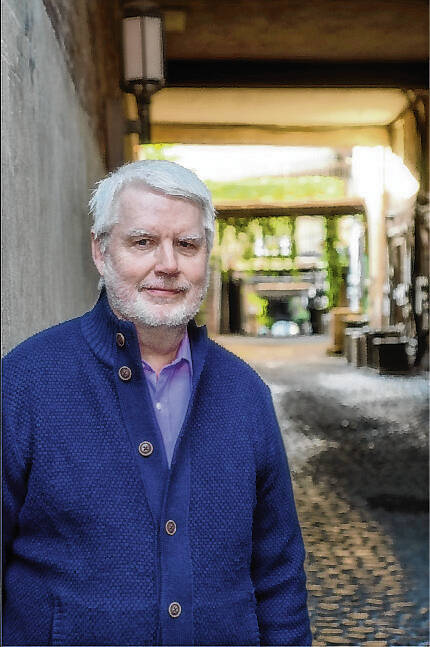If you are looking for a nearly foolproof Christmas gift idea, I have a suggestion for you to consider. And as an added bonus, I can promise that this gift will actually be good for the brains of those who receive it.
I am talking about a book, but not just any book. I am talking about the joy that you give someone when you give the gift of a mystery. And the joy I’m talking about is not the feeling the recipient will experience when they open your gift. I’m talking about the joy that the receiver will experience over the days, maybe weeks or even months, of reading the mystery.
I grew up on mysteries, the first being the Hardy Boys. Whenever I cleared a profit of a dollar on my paper route, I would head to the nearby bookstore in my town and scan with excitement the row of books in the Hardy Boys series. When my birthday or Christmas rolled around, my gift suggestion was always another Hardy Boys mystery.
At the time, the only thing I knew about Franklin W. Dixon was that he was the author of my favorite books. I would certainly have been surprised to know that the creator of Frank, Joe, Chet, and Biff was in reality the pen name of many different writers in the series, some of those writers being women.
None of that business about pen names would have mattered to me. All I knew is that every chapter of each Hardy Boys’ mystery ended with a cliffhanger, enticing me to read on into the night with the help of a flashlight under the covers.
As I grew older, my tastes in mysteries changed. Umberto Eco’s “The Name of the Rose” and Dorothy Sayer’s “Gaudy Night” are in a different league than the Hardy Boys, but I wouldn’t have fallen under the spell of those authors without first cutting my teeth on Franklin W. Dixon and, later, Agatha Christie.
Excluding people too young to read, everyone, no matter what age group, can find appropriate and entertaining mysteries. All have a common feature. They contain something that our brains love to play with — a puzzle. Sometimes referred to “whodunits,” mysteries could also be described as “why-dunits.” A crime has been committed, usually described in chapter one, and we, the readers, accompany the detectives through the following chapters, wondering if we can discover who committed the crime and why before the sleuths do.
Go to any grade school library, and you’ll see mysteries on the shelves. Go to any provisions shop in an airport, and you’ll see mysteries there as well. Now go to any senior citizen center or retirement community, and, once again, you’ll see mysteries available. The same will be true around the world. Talk about universal appeal!
Some might say that mysteries aren’t serious literature, that they are a lower form of literature that helps us “pass the time.” I would argue that mysteries offer something far more important — they exercise our brains in ways that help keep us sharp.
And there is a final gift that mysteries offer. If you give a mystery as a Christmas gift this year, you might receive a thank-you note or a phone call in April, June, or even September from someone saying, “I just finished the mystery you gave me for Christmas. Wow, that was really a good book.”
Have you ever received that kind of note or call after giving a box of chocolates or flowers?




